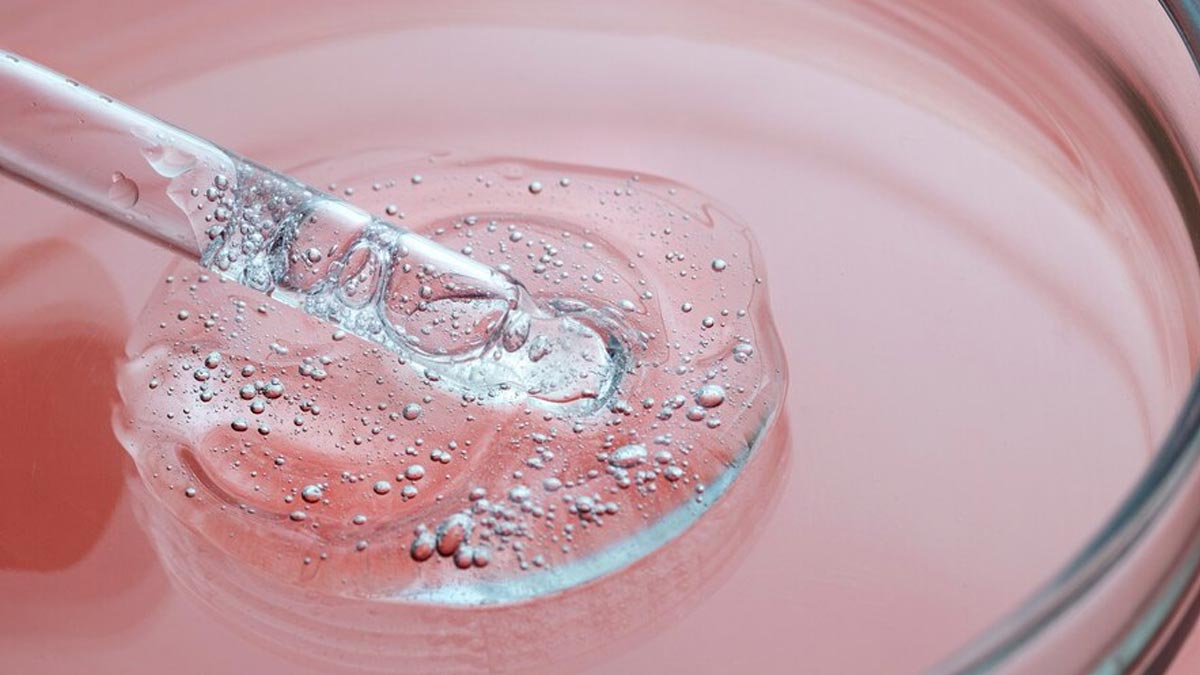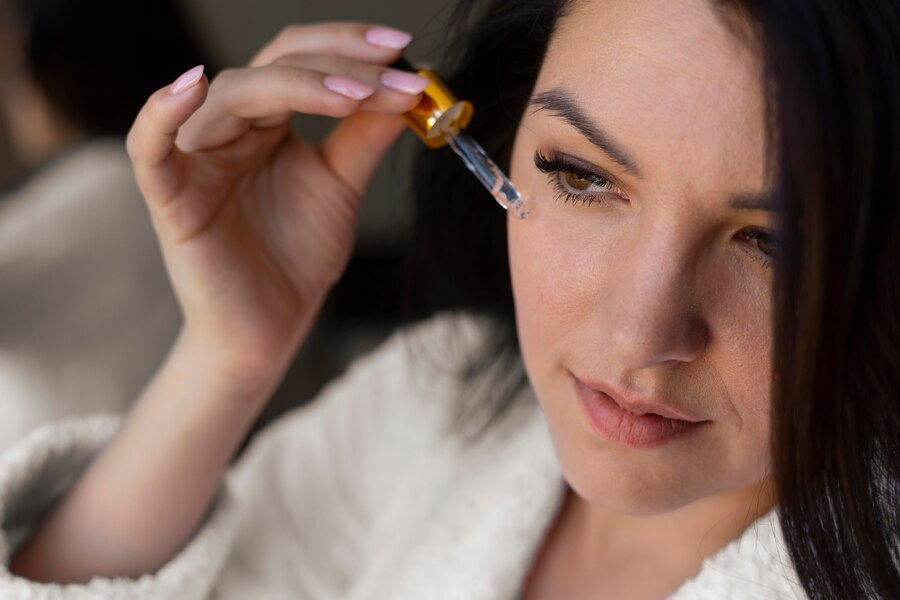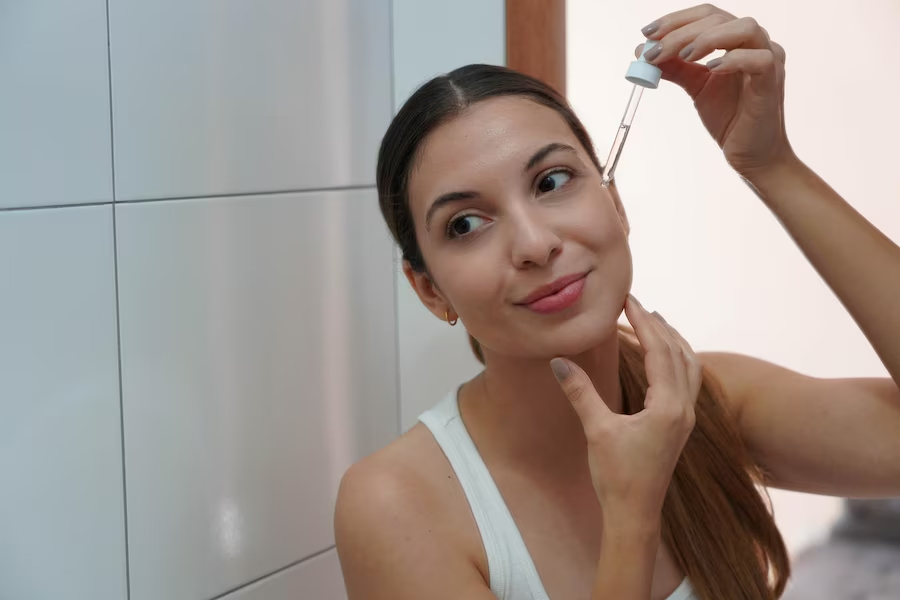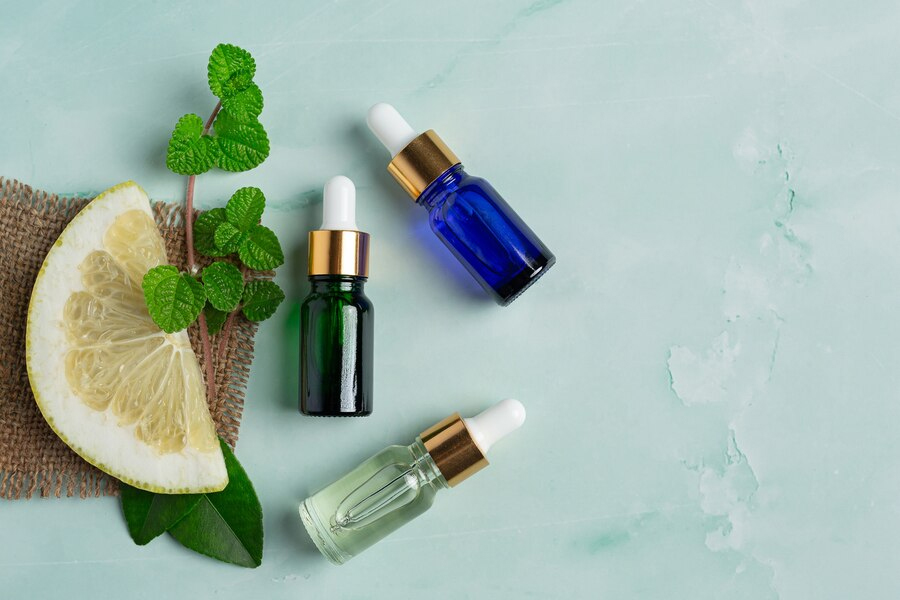
As you cross 25, fine lines and wrinkles start to appear and become more prominent in your 30s and beyond. With age, your skin naturally loses its elasticity and has less fat and collagen in the deeper layers, increasing lines and creases and leading to wrinkles. Additionally, factors such as Ultraviolet (UV) exposure, air pollution, smoking, and genetics also play a role in the ageing process.
Table of Content:-
This is when a proper skincare routine becomes essential, and knowing the right skincare products is equally crucial. Retinol, a form of vitamin A, is an effective skincare ingredient known to reduce fine lines, wrinkles, and hyperpigmentation. Many dermatologists recommend this product for people showing signs of ageing. However, to know when one should start using the product, we spoke to Dr Raina N. Nahar, Senior Consultant - Dermatology, Nanavati Max Super Speciality Hospital, Mumbai, who shed light on the same.
Also Read: Why Is Mango Considered An Anti-Ageing Fruit? Here's How It Can Help You Slow Down Ageing
Role Of Retinol

"Retinol works by penetrating the skin and accelerating cell turnover, which means it helps shed dead skin cells and promotes the growth of new ones," explains Dr Nahar, adding that this process leads to a smoother, more even skin texture and tone.
She shares that retinol stimulates collagen and elastin production, which help keep skin firm and elastic. "By boosting these proteins, retinol reduces the appearance of fine lines and wrinkles, making it a staple in anti-ageing skincare," she adds.
Discussing additional benefits, the dermatologist highlights how retinol also has the ability to unclog pores, which can prevent and treat acne. Not to mention the advantages it provides to people with hyperpigmentation issues, such as dark spots and melasma. She says that by promoting an even distribution of melanin in the skin, retinol reduces skin hyperpigmentation.
At What Age Should You Start Using Retinol?
According to the doctor, retinol use can start in one’s late 20s or early 30s. This is generally when early signs of ageing, such as fine lines and uneven skin tone, begin to manifest, she says.
However, the ideal age to start using retinol can vary based on individual skin concerns, the doctor notes, adding that for those experiencing premature ageing signs or acne in their mid-20s, incorporating a mild retinol product under the guidance of a dermatologist can be beneficial.
For others, starting in the early 30s can help maintain youthful skin and prevent the onset of more pronounced ageing signs, as per the expert.
Does Retinol Really Provide Anti-Ageing Benefits?

Dr Nahar believes that retinol is by far one of the most well-researched and proven anti-ageing ingredients in skincare.
A 2007 study published in JAMA Dermatology investigated the effectiveness of retinol in improving wrinkles on elderly people's skin. Researchers involved 36 people and applied the lotion to one arm of each person for 24 weeks. They found that the retinol lotion significantly reduced fine wrinkles compared to the regular lotion.
According to a more recent study published in the Journal of Investigative Dermatology, women who applied retinol to their face and neck for 12 weeks found that the ingredient significantly reduced wrinkles after eight weeks and improved the overall condition of the skin.
However, while retinol offers numerous benefits, it can be irritating, especially for those with sensitive skin or certain skin conditions, says Dr Nahar, sharing some considerations:
- Individuals with sensitive skin or conditions like eczema or rosacea should start with the lowest concentration of retinol and use it infrequently.
- Consult a dermatologist for personalised advice.
- Those with dry skin should ensure using a hydrating moisturiser, as retinol can exacerbate dryness and cause peeling.
- Anyone new to retinol should introduce it gradually; start with a low concentration (0.25-0.5%) and apply it every third night, increasing usage as the skin builds tolerance.
- Pregnant or nursing women are often advised to avoid retinol and retinoid due to potential risks to the baby.
Also Read: Face-Taping: Is It The Right Way To Get Rid Of Wrinkles?
How To Incorporate Retinol In Your Skincare Routine?

Dr Nahar says, “Begin with a low concentration of retinol. Apply a pea-sized amount to your face, avoiding the delicate skin around the eyes and lips, every third night. Gradually increase to every other night, and then to nightly use as your skin builds tolerance. Retinol makes your skin more sensitive to the sun, so it should always be applied at night. During the day, use a broad-spectrum sunscreen with at least SPF 30 to protect your skin from UV damage.”
Sharing the steps, she adds, “Before applying retinol, cleanse your face and ensure it is completely dry. Applying retinol to damp skin can increase irritation. Follow with a hydrating moisturiser to help mitigate potential dryness and irritation. Consider applying a moisturiser before retinol to create a buffer if your skin is particularly sensitive. When using retinol, avoid using other potentially irritating products, such as exfoliants or acids (like glycolic acid or salicylic acid), on the same nights. This helps prevent over-exfoliation and irritation. Visible results can take several weeks to months, so consistency is key.”
Don’t be discouraged if you don’t see immediate improvements, the doctor advises.
Also watch this video
How we keep this article up to date:
We work with experts and keep a close eye on the latest in health and wellness. Whenever there is a new research or helpful information, we update our articles with accurate and useful advice.
Current Version